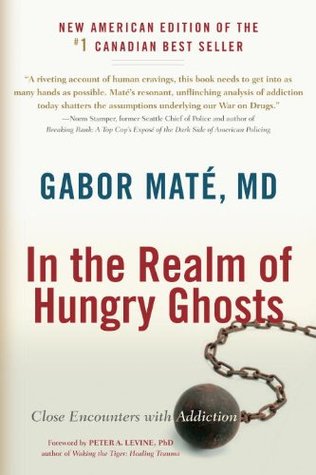These four don’t know it, but beyond illness or the inertia of emotional and physical exhaustion, they are also up against the brain physiology of addiction. Cocaine, as we shall see, exerts its euphoric effect by increasing the availability of the reward chemical dopamine in key brain circuits, and this is necessary for motivation and for mental and physical energy. Flooded with artificially high levels of dopamine triggered by external substances, the brain’s own mechanisms of dopamine secretion become lazy.


